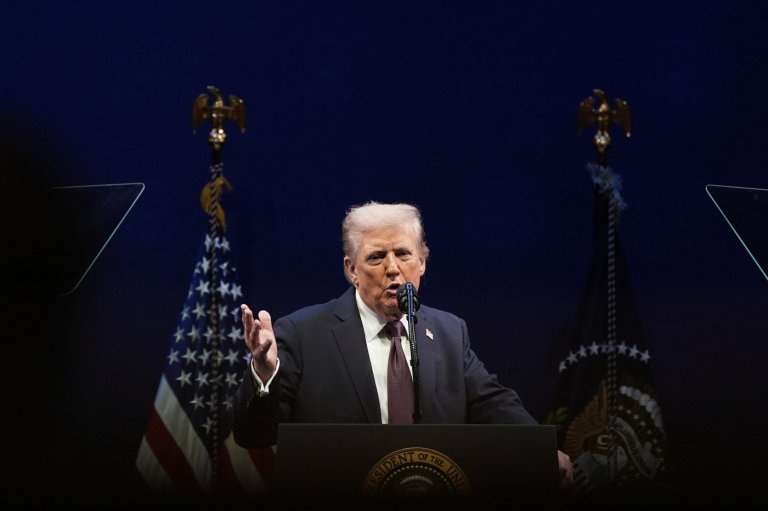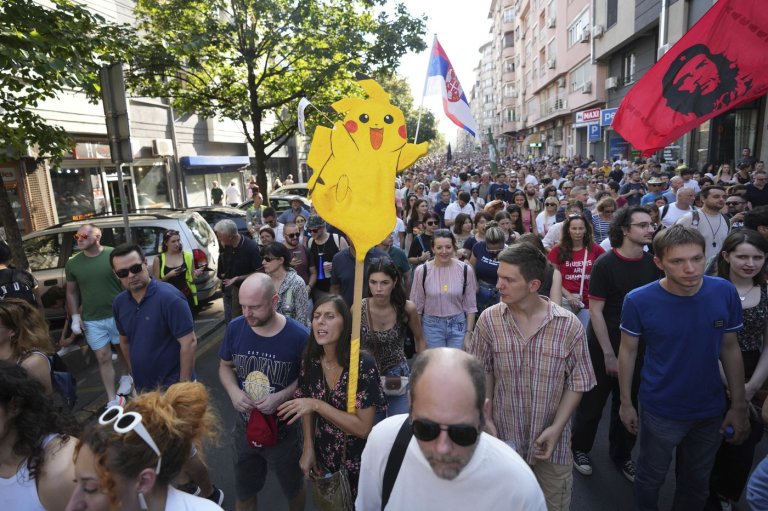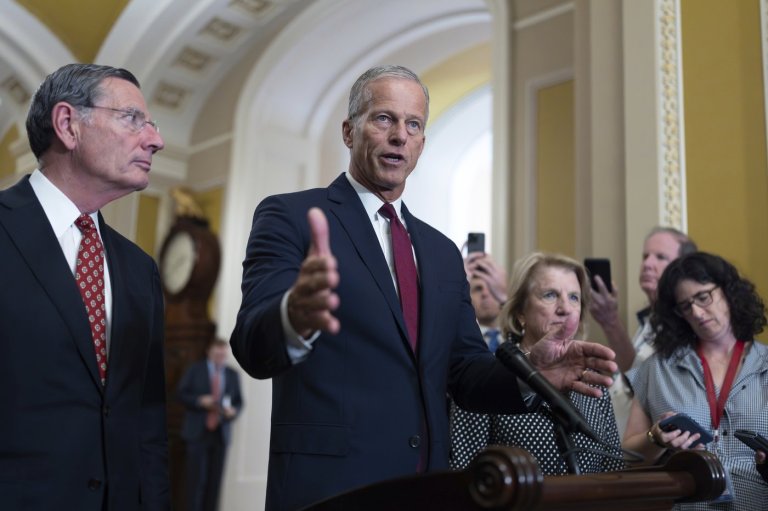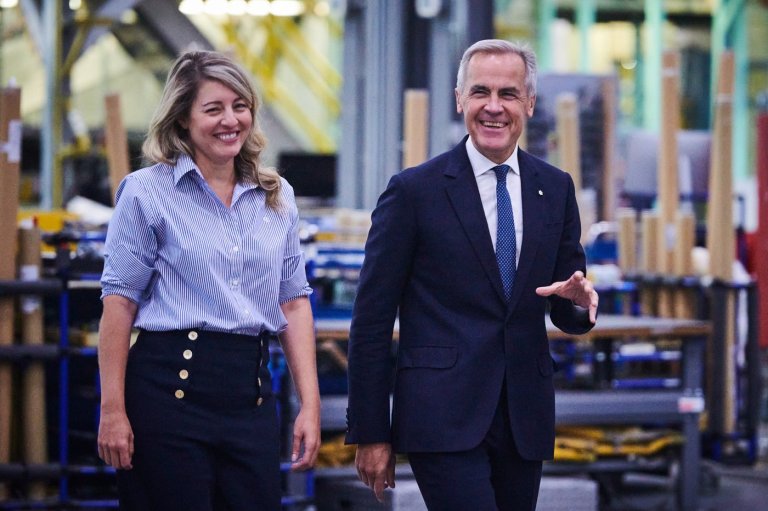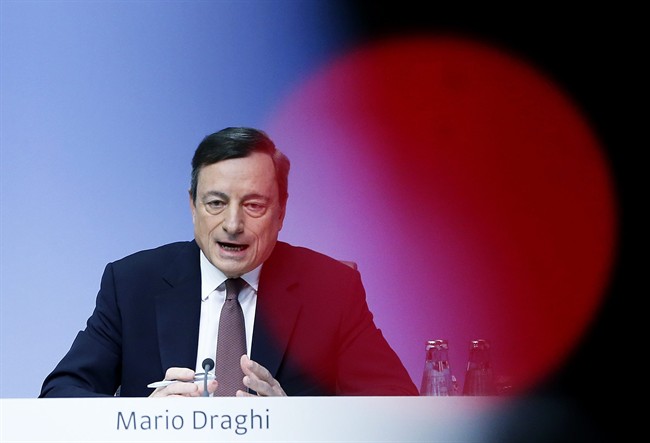
Key takeaways from European Central Bank meeting
FRANKFURT – European Central Bank head Mario Draghi made it clear Thursday he is ready to launch even more stimulus if the eurozone economy needs it.
And he told German officials, who are complaining the ECB’s stimulus is hurting the country’s savers, to please butt out.
With investors eager for clues about the health of the 19-country eurozone, the world’s second largest economy, Draghi’s comments at his news conference were pored over for clues about his outlook and willingness to take more action.
Here are the top takeaways from his remarks, delivered after the ECB 25-member governing council’s policy meeting.
___
MORE ON TAP
The ECB left its stimulus programs unchanged, as expected, after expanding them at its March 10 meeting.
Draghi stressed, however, that the eurozone’s top monetary authority will do more if unexpected trouble hits the currency union.
He said that the governing council, “if warranted to achieve its objective, will act by using all the instruments available within its mandate.”
The current level of inflation — zero — is regarded as unhealthy and remains far below the bank’s goal of just under 2 per cent annually. That is its definition of price stability, the job it has been tasked to do since it first started setting monetary policy for euro member countries in 1999.
The ECB is already buying 80 billion euros ($91 billion) in bonds from banks each month through at least March 2017. The purchases are made with newly created money — something the ECB can do as the euro’s legal issuer. Increasing the supply of money in the banking system and the economy should, in theory, increase inflation and growth.
___
BRIGHTER OUTLOOK
Inflation worries aside, Draghi was mildly upbeat about the economy.
He said that “looking ahead, we expect the economic recovery to proceed.” He noted an improvement in lending — a key metric for the ECB — since the decision in March to step up the stimulus programs.
Whether that lifts inflation remains to be seen. In any case, the eurozone grew by a quarterly rate of 0.3 per cent in the last quarter of 2015. Figures for the first three months of 2016 are due next week.
___
GERMAN CRITICS
Draghi firmly rejected criticism from German officials who think the ECB has done too much. They complain low rates have wiped out returns for people saving for retirement. Finance Minister Wolfgang Schaeuble even blamed Draghi for much of the success of the anti-euro, anti-immigrant Alternative for Germany party.
Draghi alluded to the EU treaty, which forbids the ECB from taking orders from politicians.
“We have a mandate to pursue price stability for the whole of the eurozone, not just Germany… This mandate is established by the treaty, by the law. We obey the law, not the politicians, because we are independent as stated by law.”
Pressed about the impact on savers, Draghi wouldn’t budge.
He noted that low interest rates are a symptom of low growth and low inflation, and that they’re not unique to the eurozone, since “the U.S. has had zero rates for much longer.”
He also pointed out that when accounting for inflation, real interest rates for savers “are higher than they were 20 or 30 years ago.”
___
PARK THE HELICOPTER — FOR NOW
It’s not clear what additional stimulus the ECB could deploy.
Analysts think it could extend the bond purchases beyond March 2017 and increase the size.
Draghi was quick to downplay any sense that the next move could be “helicopter money,” or newly printed money channeled straight to people instead of banks, as in the current bond-buying program. He said, “We never discussed it.”
Economists are talking up the idea as massive stimulus from central banks around the world seems to be having less and less effect.
But most versions rely on the government to send checks to the public in the form of tax cuts or rebates financed by the central bank. It would be difficult for the ECB to back such a program because EU law forbids it from financing governments.
However, Marco Valli, chief eurozone economist at UniCredit, noted that Draghi did not elaborate on whether there was a legal way for the ECB to provide “helicopter money.”
“In other words, he did not completely rule it out.”
Join the Conversation!
Want to share your thoughts, add context, or connect with others in your community?
You must be logged in to post a comment.













